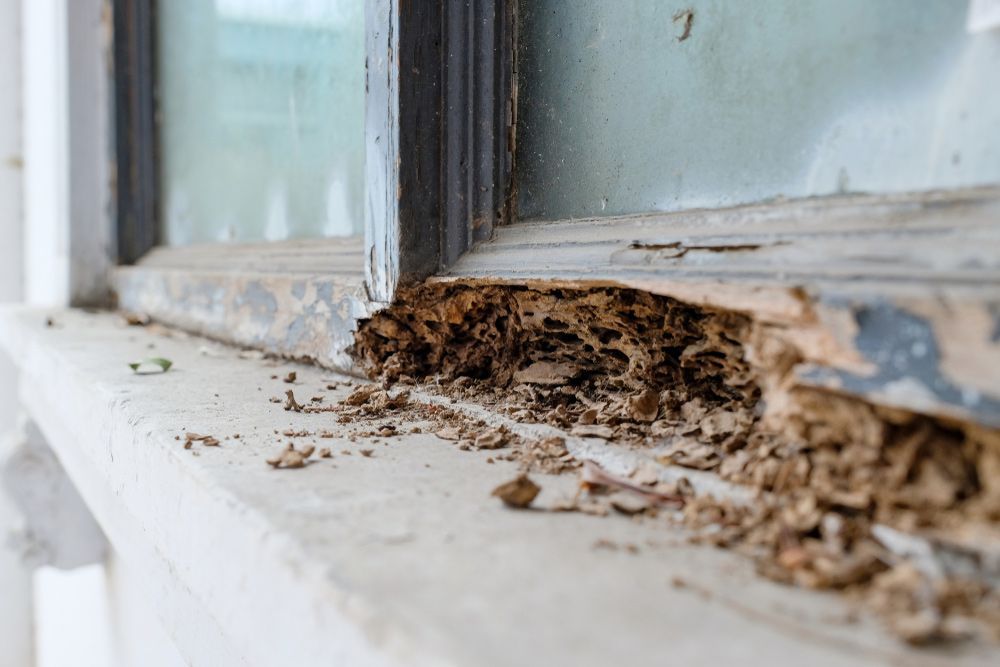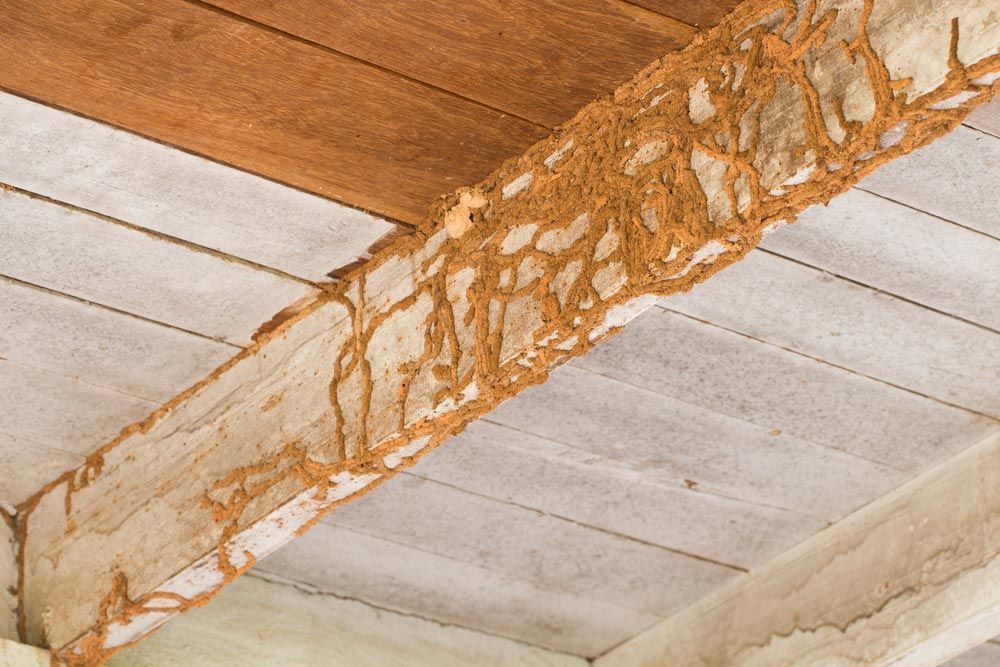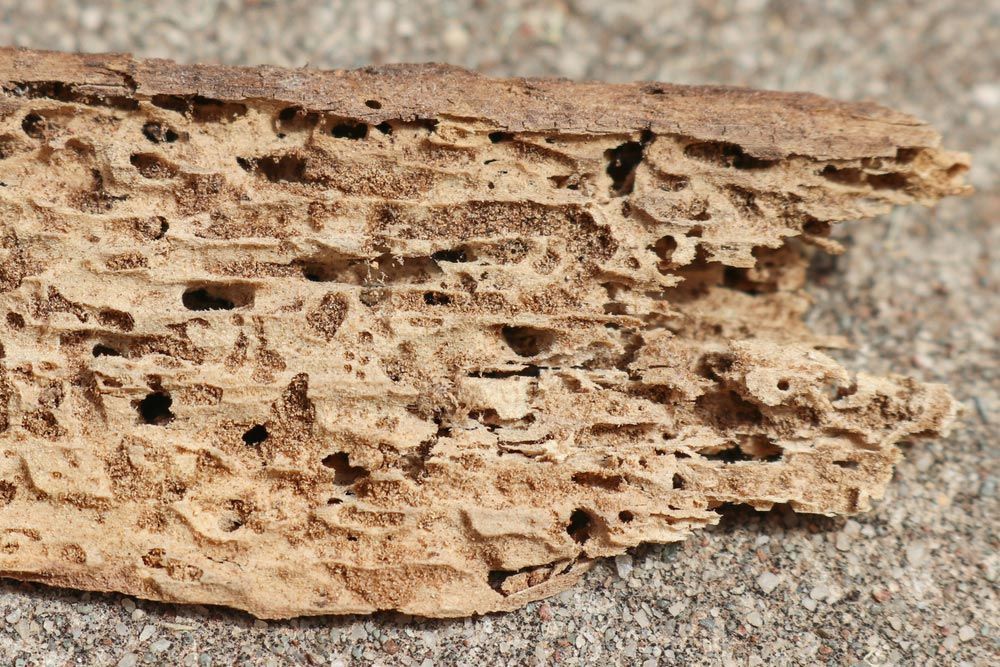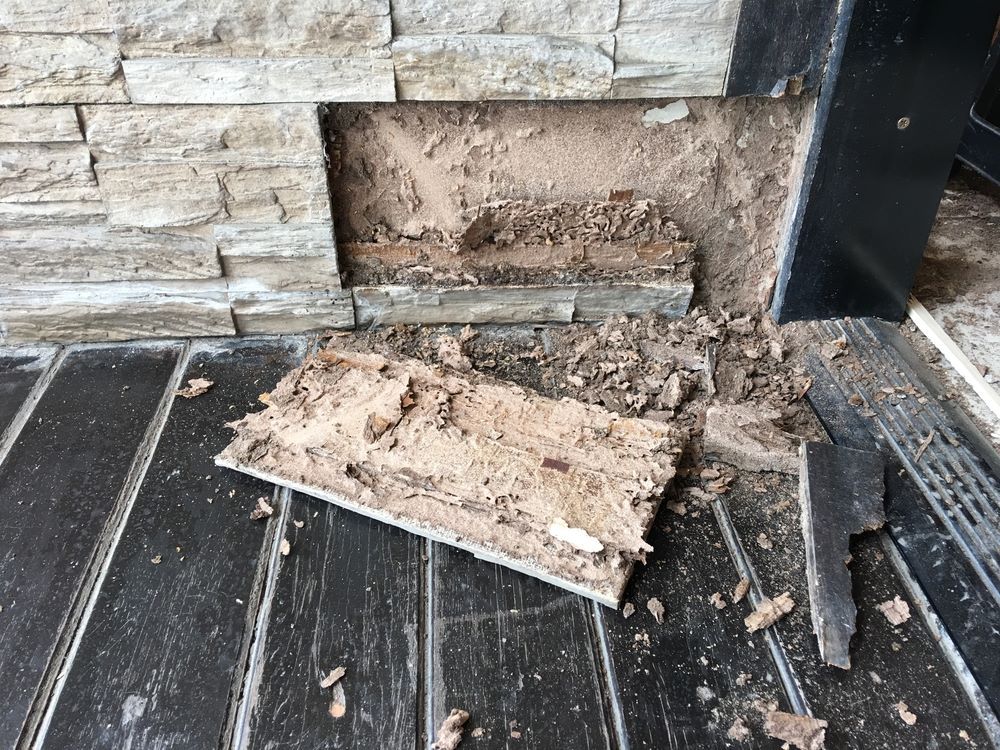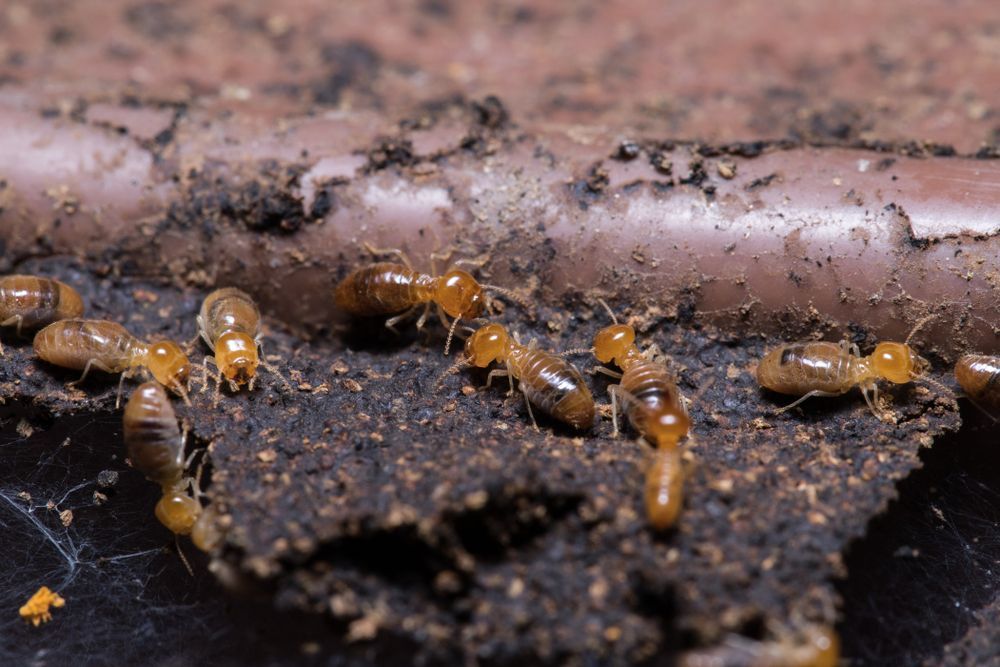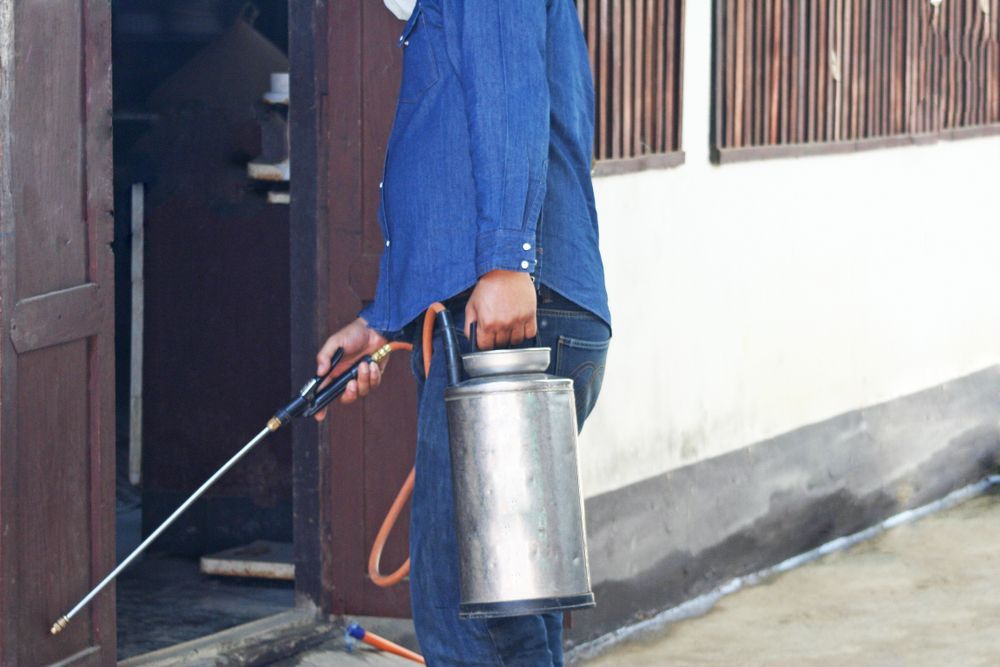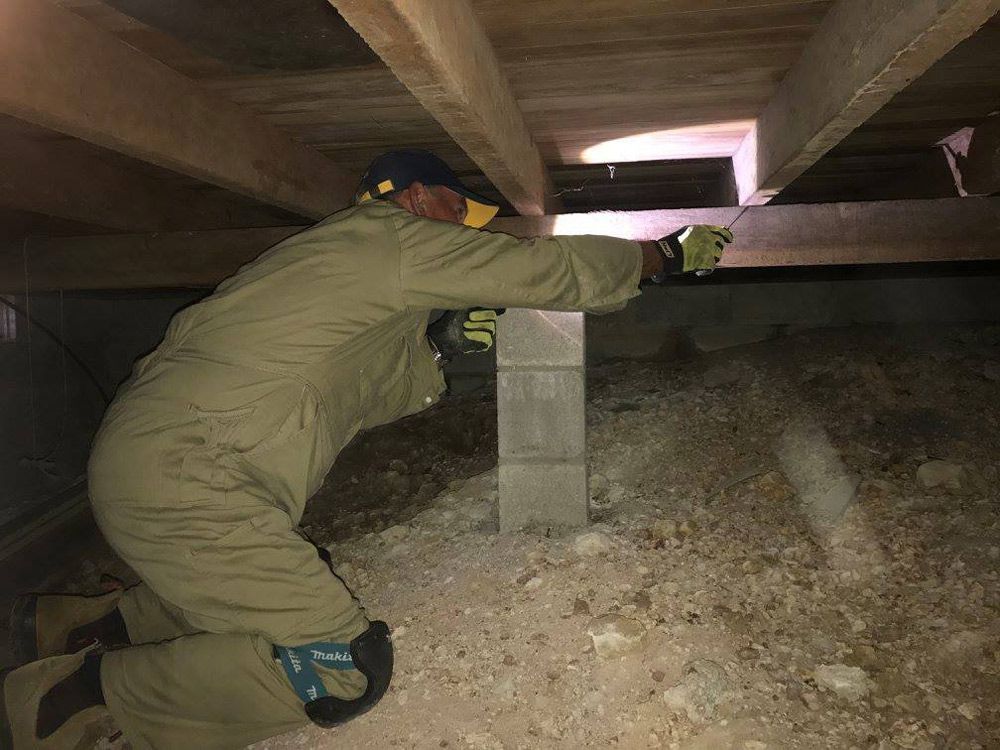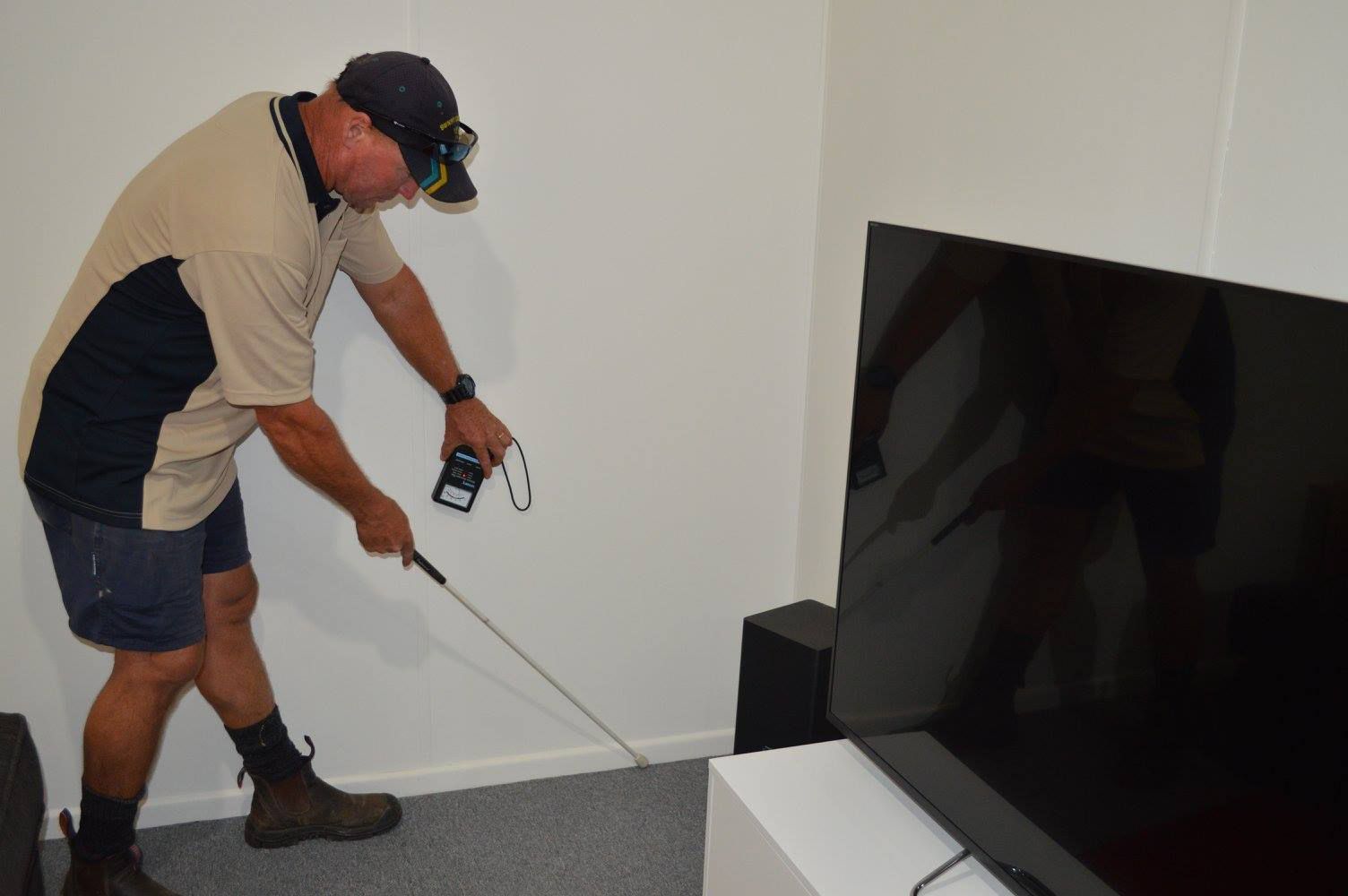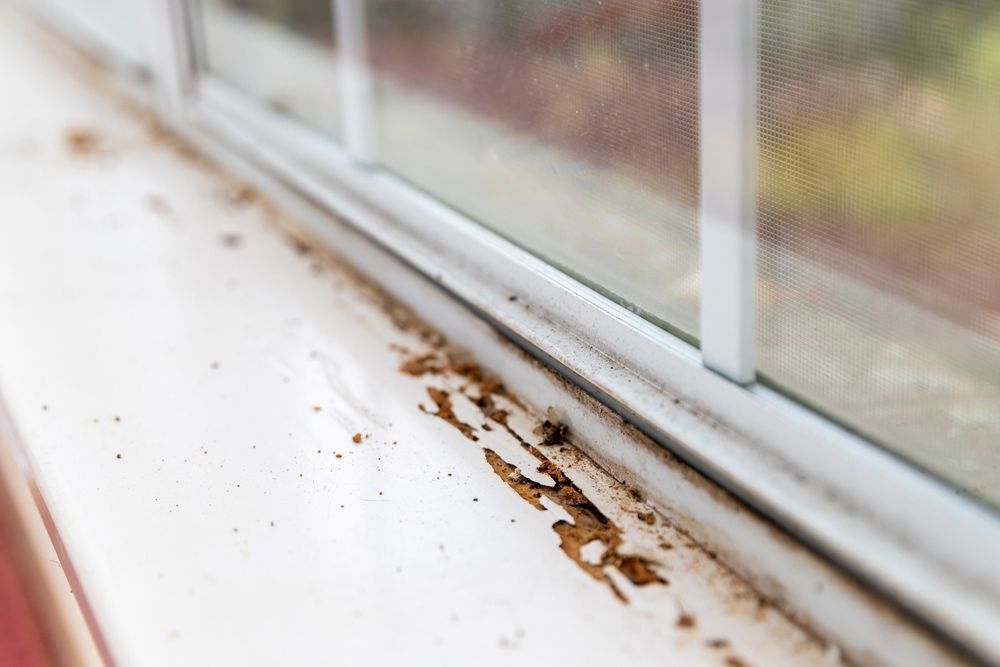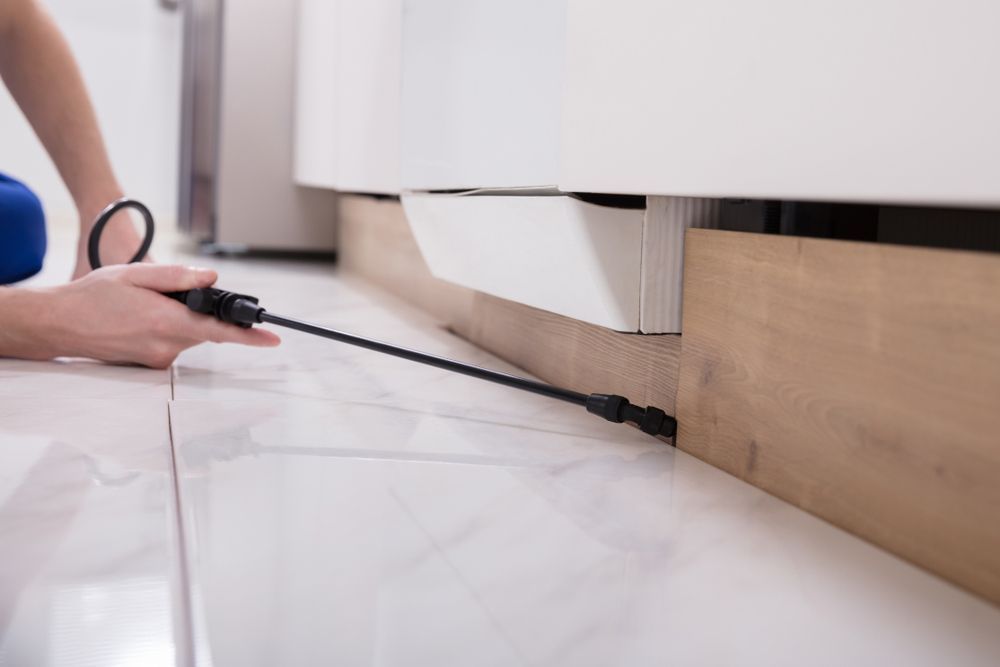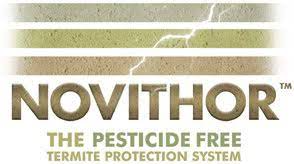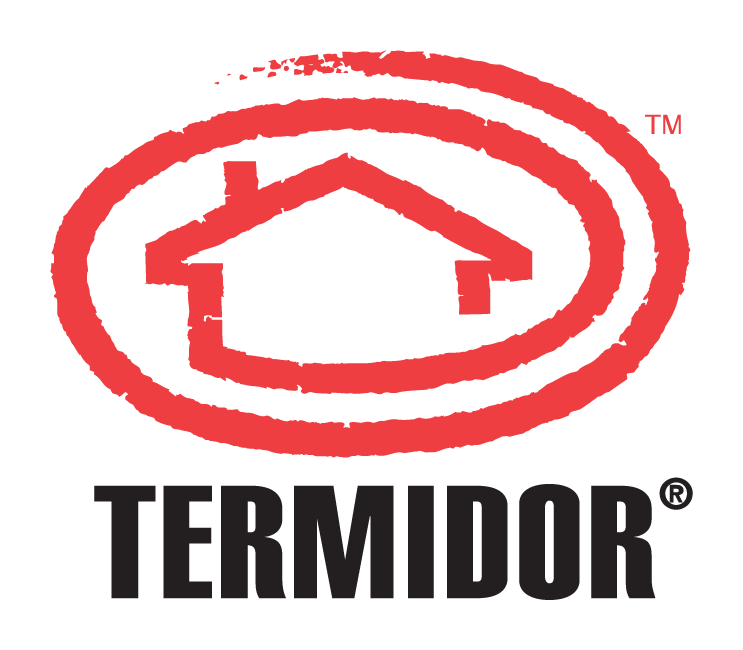How to Maintain Your Termite Barriers
If you’ve invested in termite barriers for your Sunshine Coast home, you’ve taken an important step in protecting your property from one of Australia’s most destructive pests. However, simply installing a barrier isn’t enough. To keep your home safeguarded year after year, termite barriers require proper care and regular checks.
Maintenance is key to ensuring these defences remain intact, effective, and compliant with pest control standards. In this blog, we’ll explain how to maintain your termite barriers, outline a sensible inspection schedule, and share practical tips to help you preserve your investment and keep termites at bay.
Why Termite Barrier Maintenance Matters
Termite barriers—whether chemical or physical—are designed to block termites from reaching your home or alert you if they try. Without proper maintenance:
- Gaps or disturbances can appear in the barrier, creating entry points for termites.
- Soil movements, landscaping, or renovations can compromise protective zones.
- Termites may breach weak spots undetected, leading to costly damage.
Maintaining your termite barriers on the Sunshine Coast homes is crucial for ensuring continuous protection and avoiding expensive repairs.
Understanding Seasonal Risks for Termite Barriers on the Sunshine Coast Homes
While termite barriers offer year-round protection, certain times of year pose increased risks for termite activity. On the Sunshine Coast, the warm, humid months between October and March are prime conditions for termites to swarm and seek new nesting sites. During this period:
- Moist soil makes it easier for termites to travel undetected.
- Increased rain can disturb chemical barriers or wash away protective soil layers.
- Swarming termites are more likely to seek entry into homes, testing the limits of your barriers.
Scheduling professional inspections ahead of this high-risk season ensures any weaknesses are addressed before termites become active. Understanding seasonal patterns helps you time your maintenance and protect your investment more effectively.
Know Your Type of Termite Barrier
Before starting maintenance, confirm which type of barrier your home has:
Physical Barriers
- Typically installed during construction.
- Made of tough materials like stainless steel mesh or crushed rock.
- Physically block termite entry without chemicals.
Chemical Barriers
- Applied as liquid soil treatments around your home’s perimeter.
- Create zones termites can’t cross without picking up lethal doses.
- Require regular re-treatment to stay effective.
Both systems benefit from routine checks and care, but the maintenance methods differ slightly.
Inspect Your Termite Barrier Regularly
Frequent inspections help spot issues early. Here’s how to incorporate checks into your home maintenance routine:
Perform Visual Checks Every Three Months
- Walk around your home’s exterior, looking for disturbed soil, gaps, or debris near the barrier.
- Check for leaks in plumbing that could wash away chemical barriers.
- Watch for mud tubes or termite activity near walls, slabs, or piers.
Schedule Annual Professional Inspections
- Licensed professionals in termite control on the Sunshine Coast can perform a thorough check.
- Professionals use specialised tools and knowledge to detect hidden issues.
- Regular inspections maintain warranty coverage for many barrier systems.
Check After Heavy Rainfall or Flooding
- Heavy rain can displace soil and weaken chemical barriers.
- Inspect the perimeter for soil erosion or pooling water after significant weather events.
Maintain Clear Access Around Your Barrier
Termite barriers need breathing space to function correctly. Keep these areas clear:
- Avoid garden beds against walls: Soil or mulch piled too high can breach physical barriers or cover chemical zones.
- Maintain 75mm slab exposure: Building codes require visible slab edges so pests can’t sneak past undetected.
- Remove heavy objects: Items like firewood, pot plants, or stored goods against walls can create hidden pathways for termites.
Keeping areas clean and visible is essential for early detection and barrier integrity.
Avoid DIY Alterations That May Breach Barriers
Home improvements and DIY projects often disrupt barriers without homeowners realising. To protect your investment:
- Consult pest control professionals before landscaping, paving, or adding new structures.
- Avoid digging near your home’s perimeter where chemical treatments exist.
- Don’t install decking or pergolas without checking how posts and supports might affect termite protection zones.
Professional advice helps avoid unintended gaps in your defence.
Maintain Proper Drainage
Termites are drawn to moisture. To reduce the risk of infestation:
- Ensure gutters and downpipes direct water away from the house.
- Fix leaking taps, pipes, or air-conditioning overflow.
- Grade the soil so water runs away from your home’s perimeter.
Good drainage not only protects termite barriers but also helps prevent broader pest and structural issues.
Re-Treat Chemical Barriers as Recommended
Chemical termite barriers on the Sunshine Coast homes lose potency over time. Manufacturers typically recommend re-treatment every:
- 5 to 8 years for most soil treatments, depending on product and conditions.
- Shorter intervals if the barrier has been disturbed by construction or landscaping.
A professional pest control provider will advise on the right schedule to keep your barrier effective.
Watch for Warning Signs of Termite Activity
Even with barriers in place, it’s vital to stay vigilant. Contact pest control on the Sunshine Coast promptly if you notice:
- Mud tubes running up walls or foundations.
- Hollow-sounding timber when tapped.
- Blistering or bubbling paint, especially near skirting boards or windows.
- Tiny droppings resembling sawdust around timber structures.
Early action can minimise damage and repair costs.
Keep Records of Inspections & Treatments
Document every inspection, treatment, or modification near your termite barrier. This:
- Helps track the barrier’s performance over time.
- Provides evidence of maintenance for warranties or property sales.
- Makes it easier for pest control professionals to advise on future care.
Good records are invaluable in protecting your home and investment.
Why Local Experts Matter for Termite Control on the Sunshine Coast
The Sunshine Coast’s warm, humid climate is ideal for termites. Local knowledge is essential because:
- Different termite species behave differently across Queensland regions.
- Soil types affect chemical barrier performance and application methods.
- Experienced local technicians understand common building designs and risk areas on the Sunshine Coast properties.
Engaging specialists in termite barriers on the Sunshine Coast ensures your barrier system remains effective in our unique environment.
Book Your Termite Barrier Inspection Today
Termite barriers are a fantastic defence against costly damage—but only if maintained properly. Regular inspections, professional support, and a few proactive habits can ensure your barriers continue protecting your home long-term. Don’t wait until termites become visible to take action. A well-maintained barrier saves stress, money, and preserves your property’s value.
At
Suncoast Termite & Pest, we provide termite barriers and termite control on the Sunshine Coast, offering expert inspections, maintenance services, and tailored advice to keep your home protected.
Contact us today to schedule a termite barrier check and secure peace of mind for your property.

